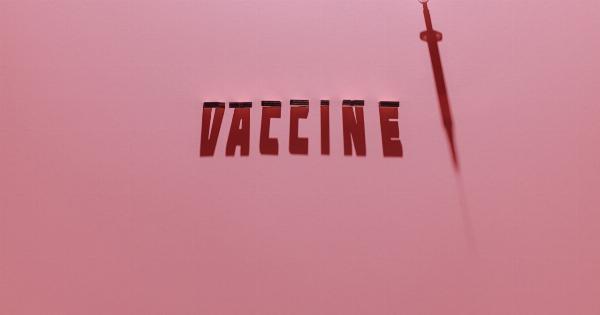When we think about fertility, we often think about things like hormones, ovulation cycles, and sperm count.
But did you know that a key element to fertility is actually a mineral called zinc? Zinc is essential for a variety of bodily functions, but it plays a particularly important role when it comes to reproductive health.
What is Zinc?
Zinc is a trace mineral that is found in many different foods, such as red meat, poultry, seafood, and dairy products. It is also added to some foods, such as breakfast cereals.
Zinc is necessary for the proper functioning of many enzymes, and it plays a role in immunity, wound healing, and DNA synthesis. It is also necessary for normal growth and development, especially during pregnancy, infancy, and childhood.
Zinc and Fertility in Women
For women, zinc is especially important for fertility. Zinc is necessary for the development of healthy eggs and for ovulation.
It is also necessary for the production of progesterone, one of the hormones that is important for maintaining a healthy pregnancy. Additionally, zinc is believed to play a role in preventing miscarriage, as it is involved in the development of the endometrium, or lining of the uterus, and in the growth and development of the placenta.
Zinc and Fertility in Men
Zinc is also important for male fertility. It is involved in the production of testosterone, the primary male sex hormone. It is also necessary for the production of healthy sperm.
Zinc deficiency is associated with low testosterone levels and poor sperm quality and motility.
Zinc and Ovulation
Zinc is necessary for the development and maturation of healthy eggs. It is also important for the timing of ovulation. Low levels of zinc in the body can cause irregular menstrual cycles, which can make it more difficult to get pregnant.
Additionally, zinc deficiency can lead to problems with the development of the corpus luteum, the structure that forms in the ovary after ovulation and produces progesterone. Progesterone is important for maintaining a healthy pregnancy and for preparing the body for implantation of a fertilized egg.
Zinc and Sperm Production
Zinc is important for the production of healthy sperm. In fact, the highest concentrations of zinc in the body are found in the seminal fluid, the liquid that carries sperm.
Zinc is necessary for the development of the sperm cell membrane, and it plays a role in the regulation of sperm motility and DNA synthesis. Low zinc levels can result in decreased sperm count, poor sperm motility, and abnormal sperm morphology.
Zinc and Miscarriage Prevention
Zinc is believed to play a role in preventing miscarriage. This is because zinc is involved in the development of the endometrium, or lining of the uterus, and in the growth and development of the placenta.
Low levels of zinc in the body can result in a thin endometrial lining or a poorly developed placenta, both of which can increase the risk of miscarriage.
Zinc and Infertility Treatment
Zinc supplementation may be helpful for couples who are struggling with infertility. Studies have shown that zinc supplementation can improve sperm quality and motility in men who are infertile due to low zinc levels.
Additionally, zinc supplementation may help to improve the chances of pregnancy in women who are undergoing infertility treatment, such as in vitro fertilization (IVF).
Zinc and Pregnancy
Zinc is important for a healthy pregnancy. It is necessary for the development and growth of the fetus, and it plays a role in the development of the placenta.
Additionally, zinc is important for the immune system, and it may help to prevent pregnancy complications such as preterm birth and preeclampsia. Women who are pregnant or trying to become pregnant should make sure that they are getting enough zinc in their diet or through supplementation.
Zinc Rich Foods
Zinc can be found in many different foods, including:.
- Red meat
- Poultry
- Seafood
- Dairy products
- Nuts and seeds
- Beans and legumes
- Whole grains
Some foods are also fortified with zinc, such as breakfast cereals. It is important to note that certain factors can affect the absorption of zinc, such as phytates (found in some grains and legumes), calcium, and iron.
Zinc Supplementation
If you are having difficulty getting enough zinc from your diet, supplementation may be an option. However, it is important to talk to your doctor before taking any supplements, as too much zinc can be harmful.
The recommended daily allowance for zinc is 8-11 mg for adult women and 11-15 mg for adult men. Pregnant and breastfeeding women may require higher amounts.





























